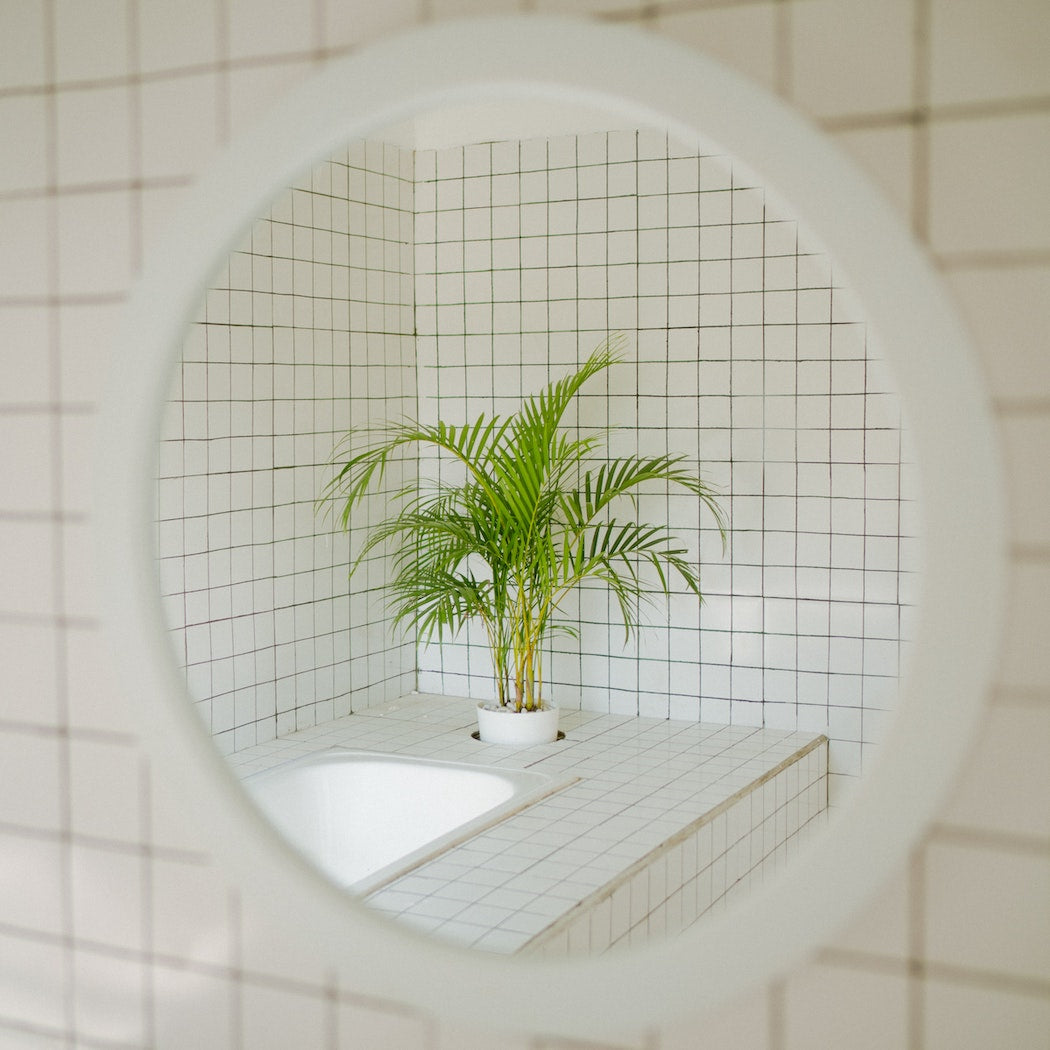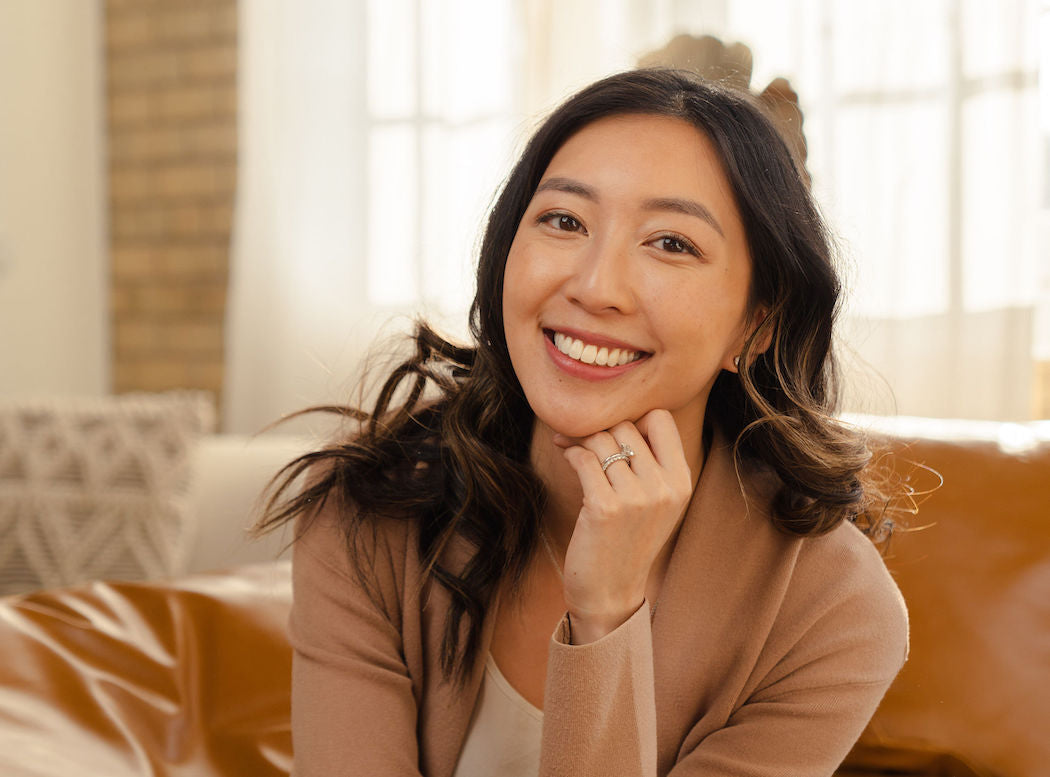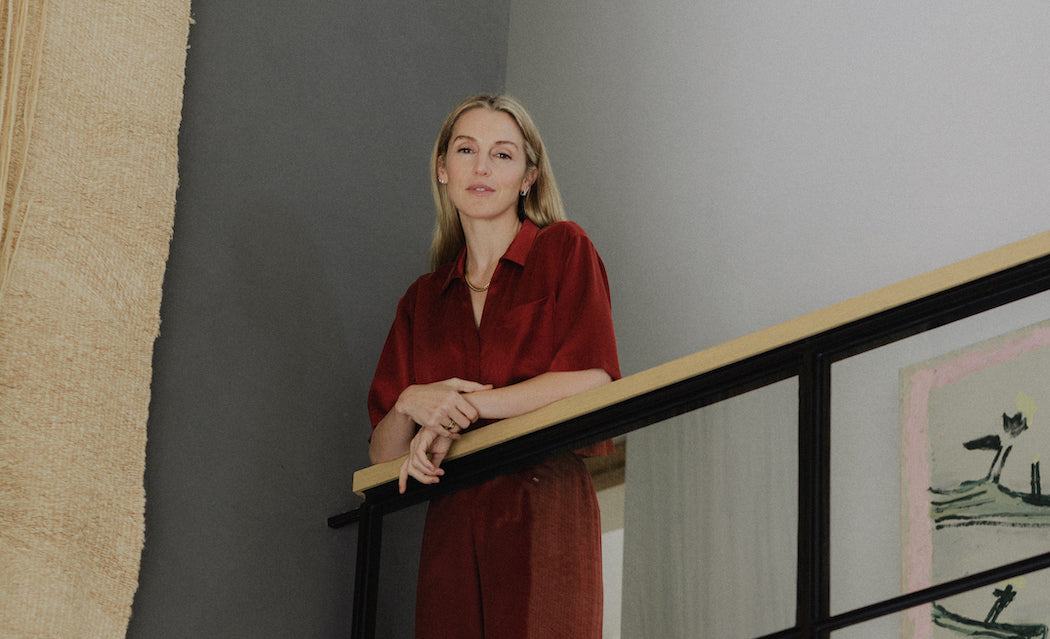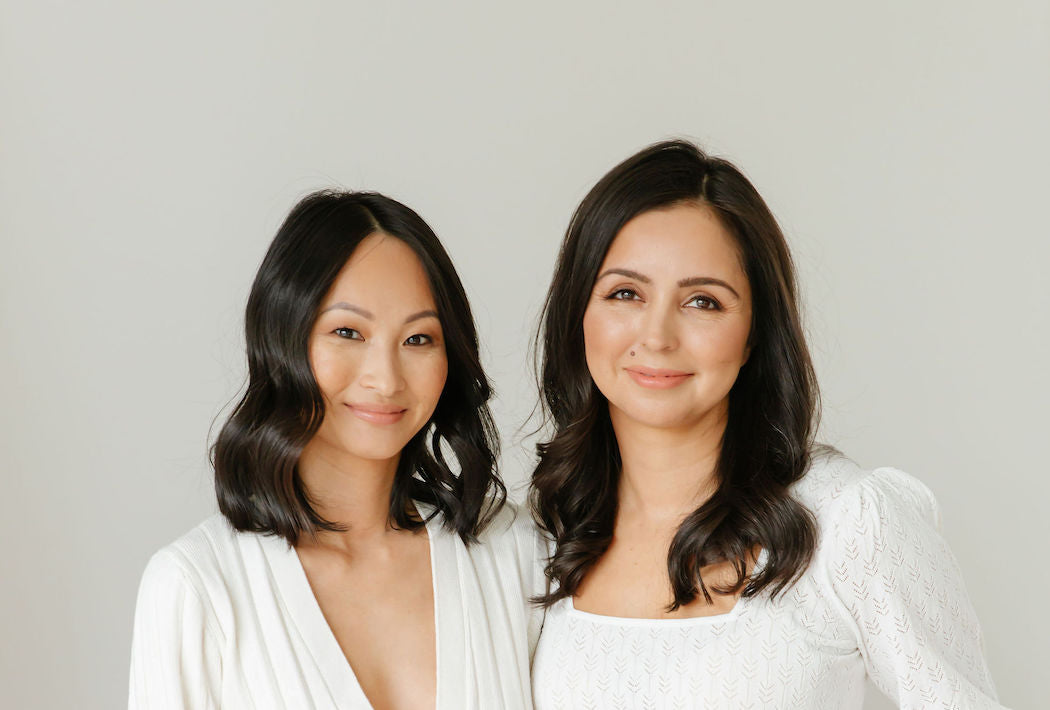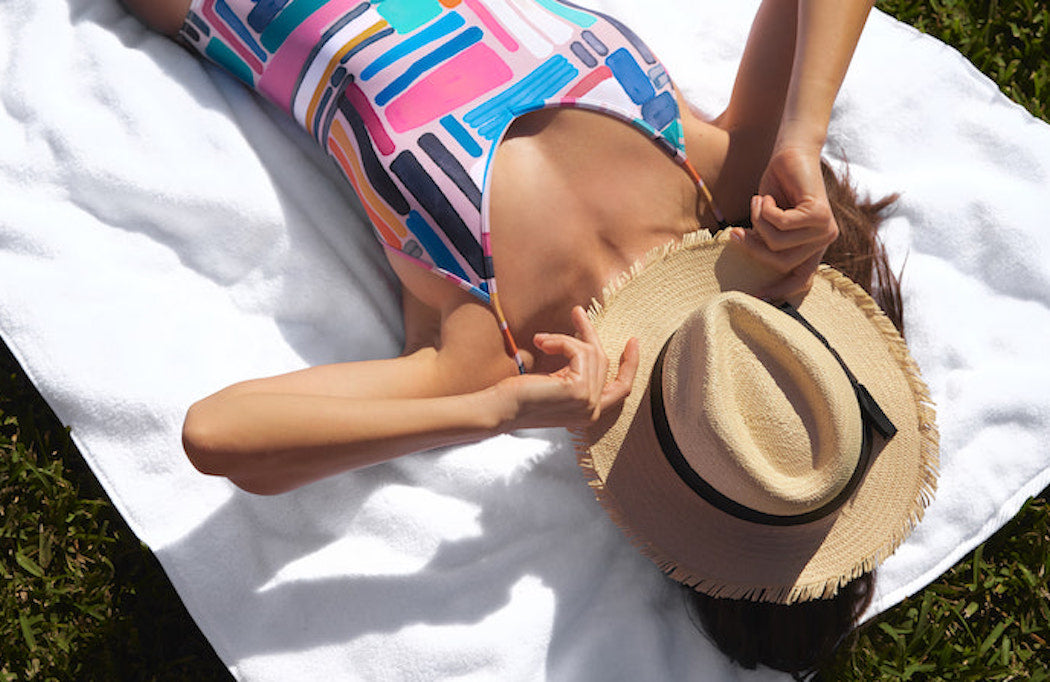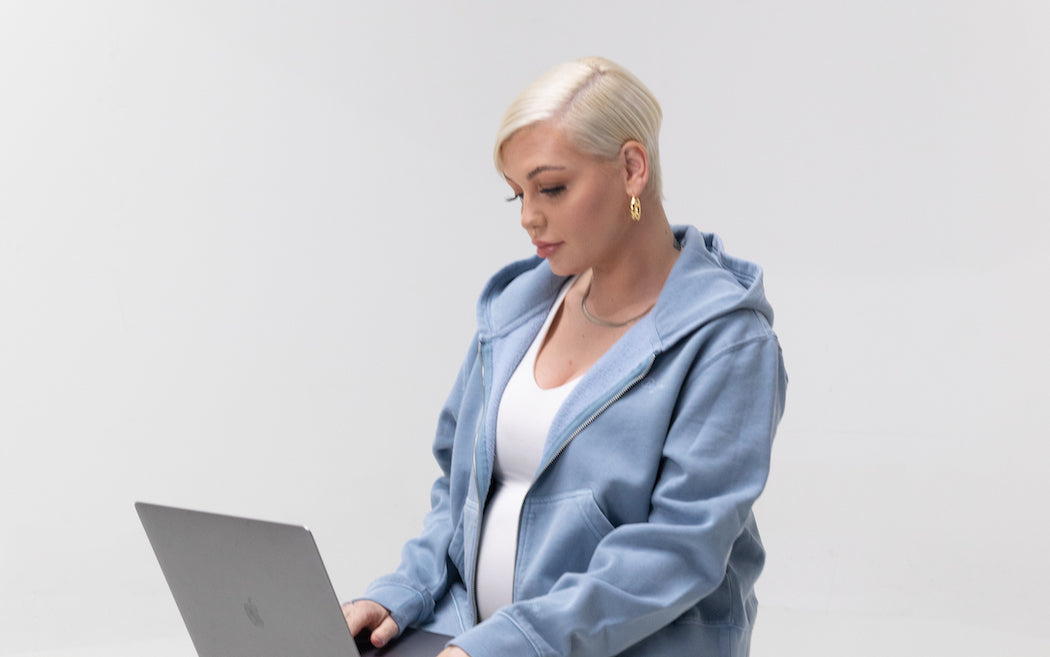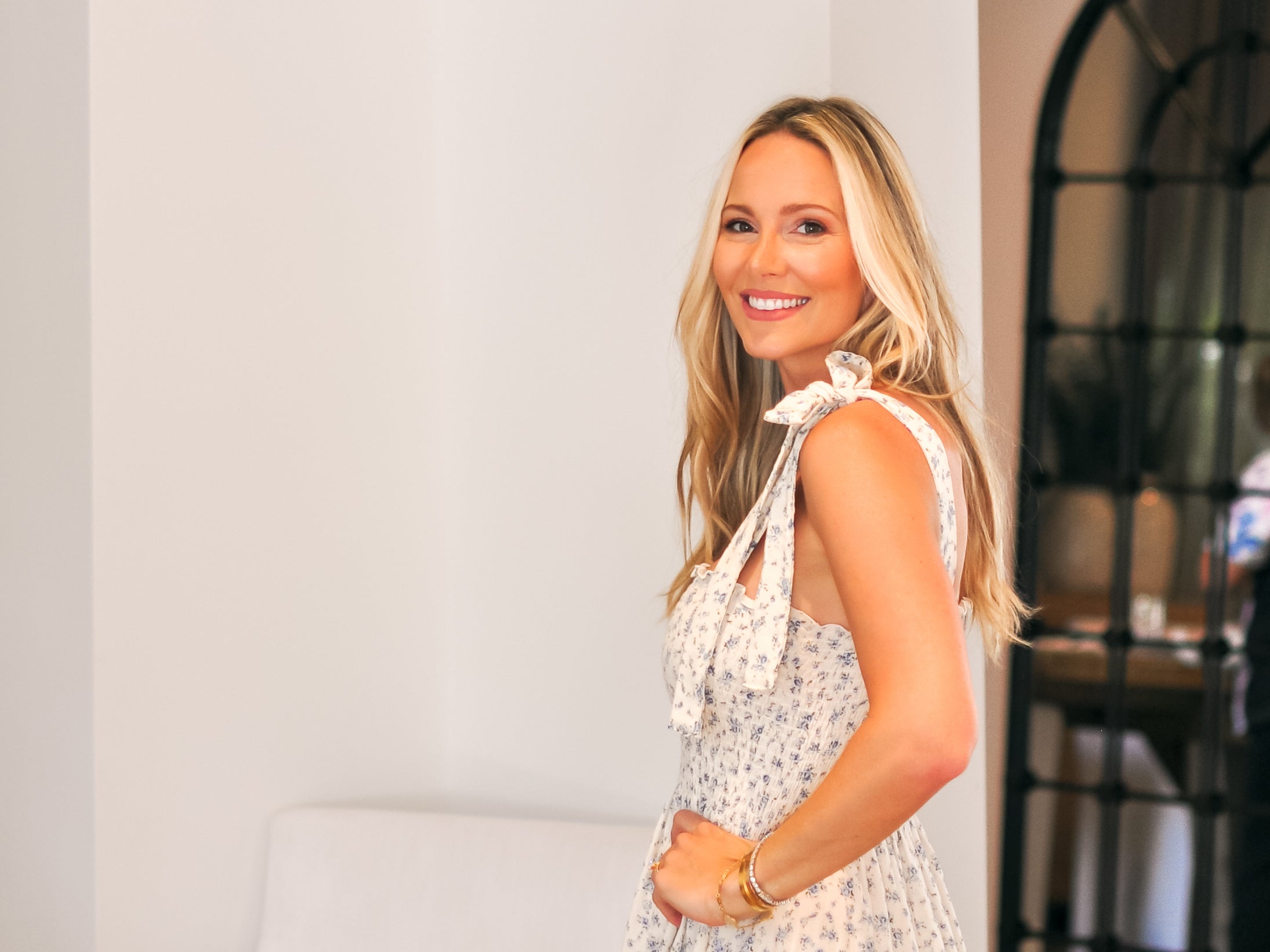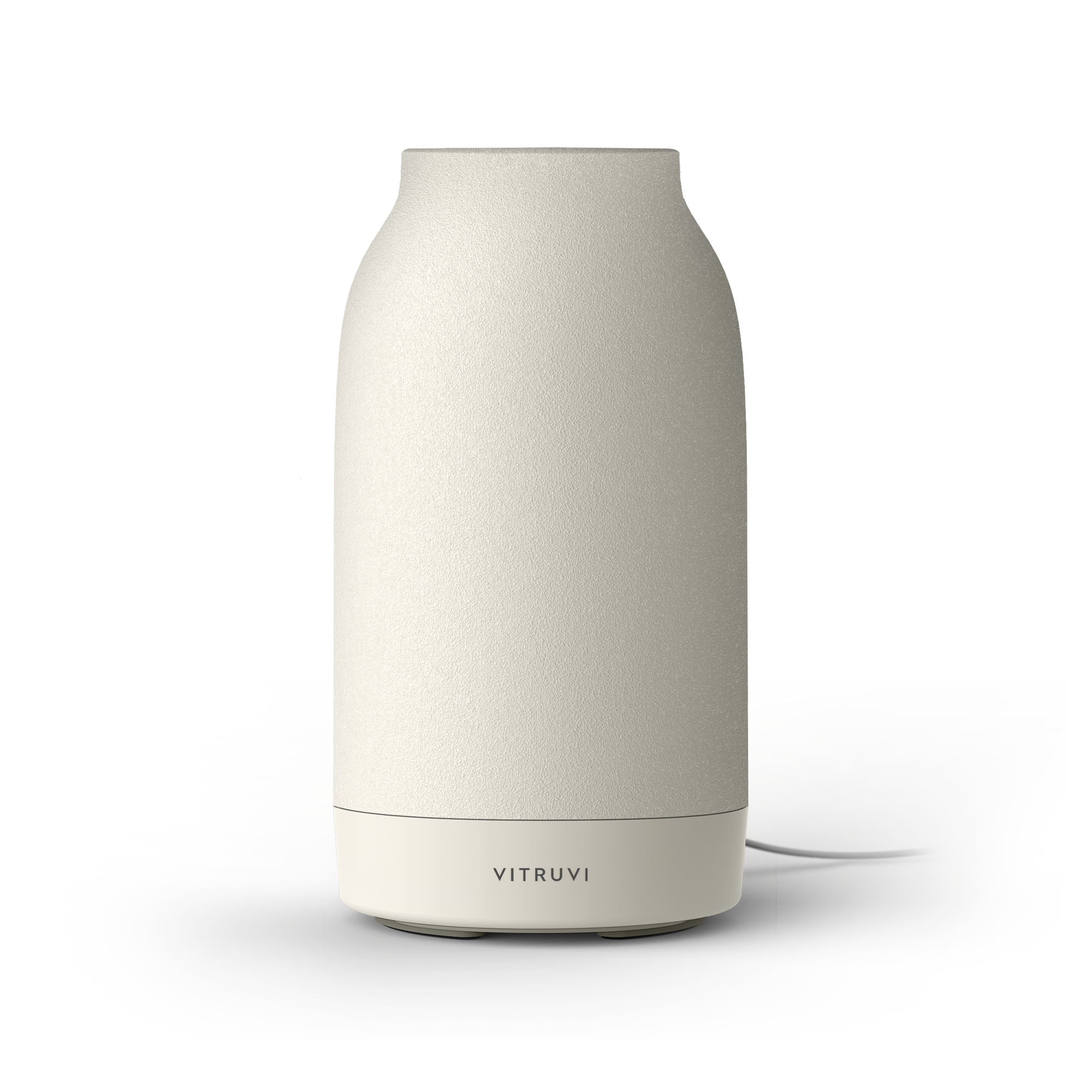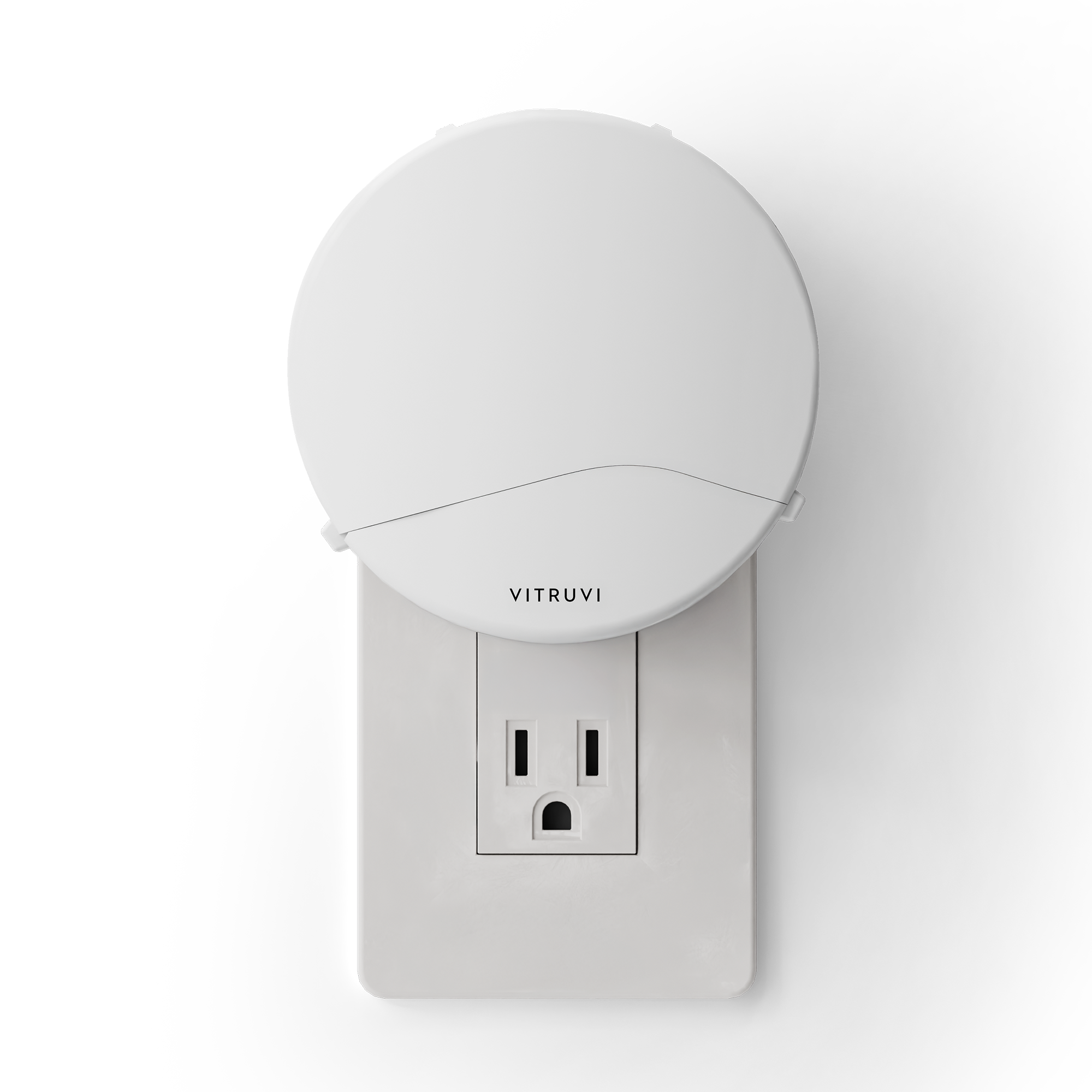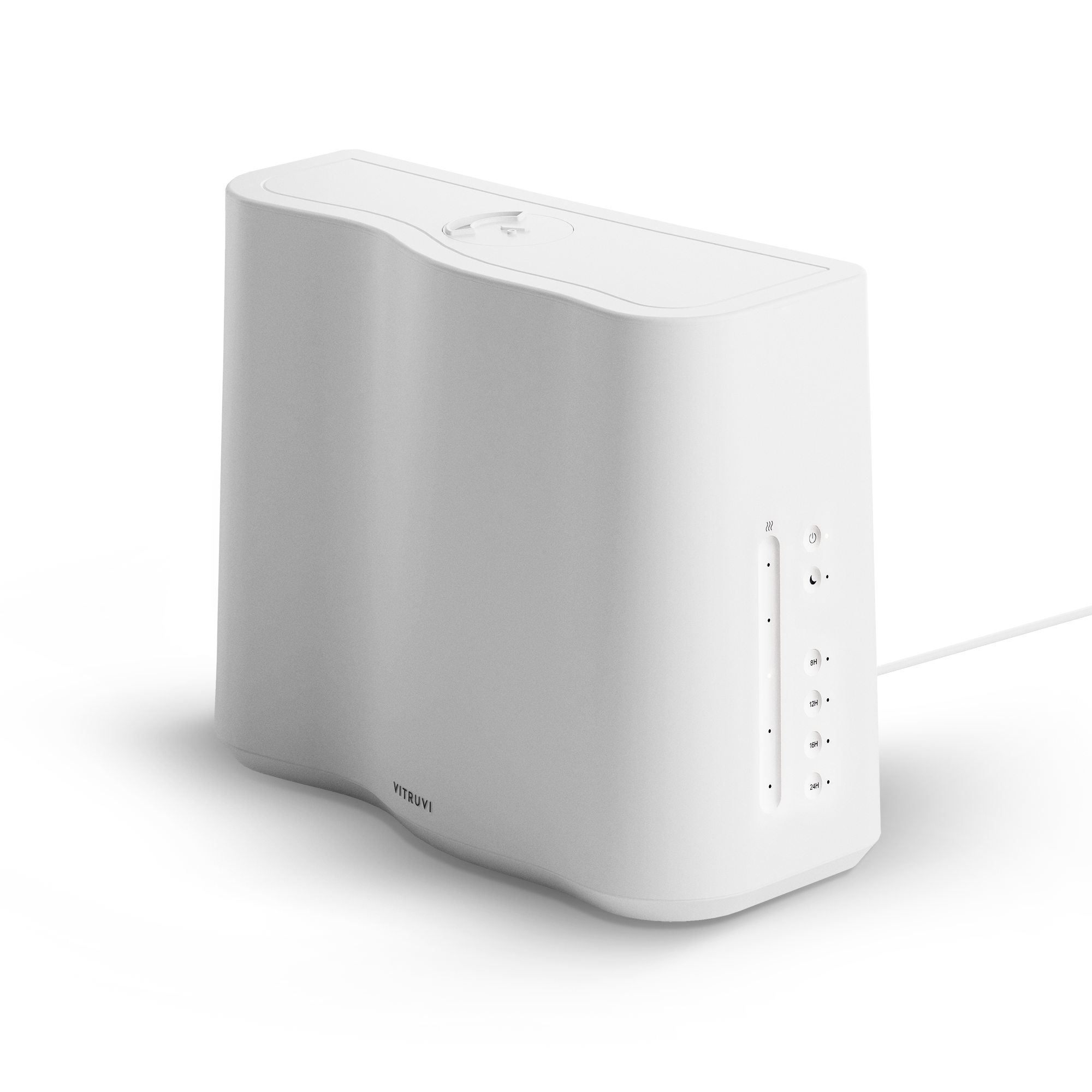Retinol—you’ve likely heard the term, as well as what this seemingly magical ingredient can do for your skin. If you’re reading this, it’s also very likely you’ve been overwhelmed by the expansive literature surrounding retinol, and have perhaps felt a tad intimidated by the side effects you’ve gleaned in casual scrolls through skincare-obsessed corners of the internet.
The truth is that retinoids are the real deal. There are decades of scientific evidence showing their effectiveness in reducing fine lines, pigmentation, and acne, which makes doing your research and finding a retinoid product that works for you very much worth it. But there are also best practices (and the aforementioned side effects) to keep in mind when incorporating this ingredient into your skincare regimen.
“Retinoids are extremely effective active ingredients that can add value to pretty much any skincare routine,” says Dr. Geeta Yadav, founder of Toronto’s Skin Science Dermatology. “With consistent use, people often see improved tone and texture, reduced pigmentation and discoloration, and less fine lines.” Yadav helps us break down everything you need to know about retinol, so that you too can start reaping its benefits.
What is retinol?
Retinol is a member (or vitamer) of the Vitamin A family, also known as retinoids. Retinol, which is most commonly found in over-the-counter products, is considered a milder retinoid, explains Yadav, because it first needs to be converted by your skin into the active ingredient retinoic acid.
Prescription retinoids have retinoic acid built in, making them stronger. This means you’ll likely see quicker results with these products than with over-the-counter formulas.
What is retinol good for?
Whether you opt for the prescription or over-the-counter form, retinoids have been shown to produce smoother, more even, and glowier skin with regular use. They do this by penetrating the epidermis (the outer layer of your skin) to reach the dermis, or middle layer, where they boost the natural production of elastin and collagen. This helps plump up your skin, reducing the look of fine lines and pores.
Retinoids also encourage the speedy growth of healthy skin by promoting cell turnover. This helps reduce acne and pigmentation, and improve the skin’s texture and tone, explains Yadav. “Retinoids are great because they work for all skin types,” she says, “and tackle various skin concerns.”
What are the side effects of retinol?
Many first-time retinoid users experience what’s known as retinization: a period during which the skin is adjusting to the ingredient and may be slightly irritated, resulting in dryness, redness, or peeling. This inflammation is caused by the retinoid encouraging cell turnover, which, at first, may cause a loss of moisture in the epidermis.
However, these side effects are temporary; as your skin becomes accustomed to the retinoid, it should become more resilient and less irritated. Yadav says mild redness and dryness within the first few weeks of retinoid use is “totally reasonable.” But if the feeling persists or gets to the point of being painful, it’s worth discontinuing use of the product and consulting a dermatologist.
Is there a way to minimize the side effects of retinol?
Yes. Like many dermatologists, Yadav recommends starting low and slow when it comes to retinoids. If you’re shopping over the counter, look for products with a small concentration of retinol, and begin by applying the product only once or twice a week. If you find that your skin is tolerating the product well, increase your use gradually to three times a week or every other day—and eventually, if your skin can handle it, every day.
If you’re interested in a prescription-strength retinoid, consult a dermatologist to find a product and routine that’s right for you. “Everybody’s skin is different,” Yadav says. “But I think being cautious and a little bit conservative with your retinoid application at first is the best approach.”
While some retinoids may be applied directly to dry skin, Yadav says first-timers may also find it helpful to apply a layer of moisturizer first, which acts as a sort of barrier that protects your skin from some of retinoids’ irritating side effects. Retinoids have also been found to make your skin more sensitive to the sun’s rays, so daily SPF is a must. (This is also why many retinol products are recommended for nighttime use only.)
When to start using retinol
If you’re looking to incorporate retinol into your skincare regimen for its smoothing, preventative-aging effects, you can start using it as early as in your twenties. Yadav says that depending on your goals, it could take anywhere from six to 12 weeks to see a difference in your skin, so patience is key.
What retinol products should I use?
While it’s important to remember that everyone’s skin is unique and that it may take some time to find the right product for you, Yadav suggests that novice retinoid users try Skinceuticals’ Retinol 0.5 or Alastin Skincare’s Renewal Retinol. “These brands publish a fair amount of science-backed information about their products’ performance,” she explains, “which I really appreciate.”
Retinoids can be a great addition to your skincare arsenal. We call that a skin win.

